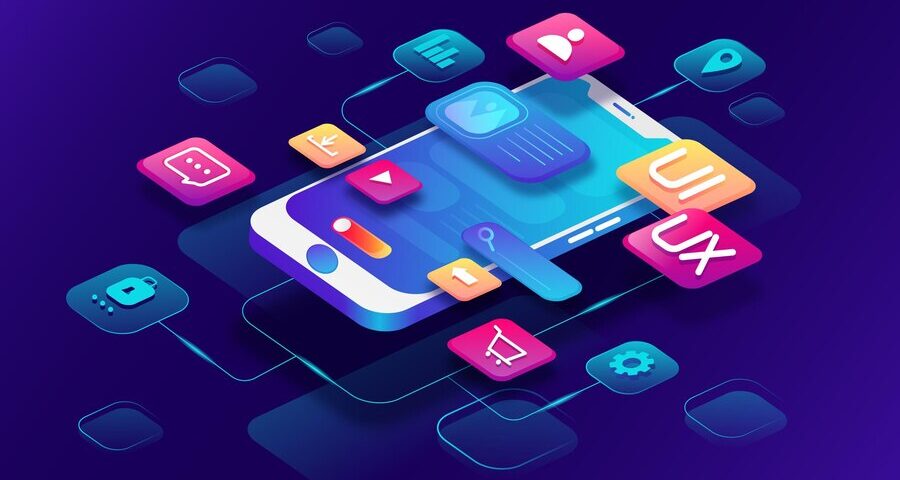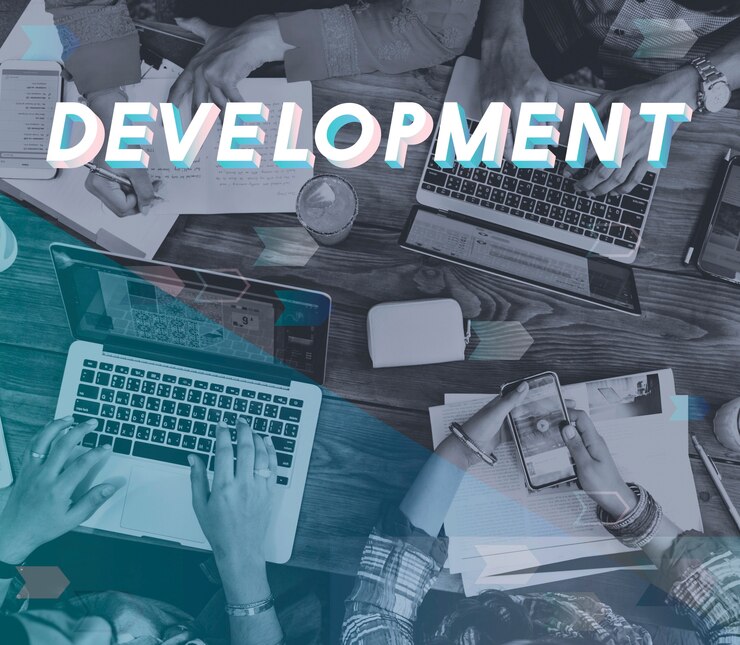App Development Tools

App Development Skills
December 7, 2023
App Development Company
December 7, 2023
App Development Tools: Building Your Arsenal for Success
App development requires a robust arsenal of tools to translate your ideas into reality. Choosing the right tools can significantly streamline your workflow and enhance your development process. Here’s a comprehensive guide to essential app development tools:
1. Integrated Development Environments (IDEs):
- Android Studio: Official IDE for developing Android apps, offering a comprehensive suite of features and tools.
- Xcode: Apple’s official IDE for developing iOS apps, providing a seamless development experience with advanced features and debugging capabilities.
- Visual Studio Code: Popular cross-platform editor with extensive extensions to support various programming languages and frameworks.
2. Frameworks and Libraries:
- React Native: Open-source framework by Facebook for building cross-platform apps with JavaScript and React.
- Flutter: Open-source framework by Google for building beautiful and natively compiled apps for both Android and iOS using a single codebase.
- Xamarin: Microsoft-backed platform for building native apps for Android, iOS, and Windows using C#.
- Cordova: Open-source framework for building hybrid apps using web technologies like HTML, CSS, and JavaScript.
- Ionic: Popular framework for building hybrid apps with web technologies and a UI component library.
3. Design and Prototyping Tools:
- Figma: Collaborative web-based design tool for creating UI/UX designs, prototypes, and mockups.
- Sketch: Industry-standard design tool for crafting high-fidelity app mockups and prototypes.
- Adobe XD: Vector-based design tool for creating prototypes, wireframes, and design assets.
4. Testing and Debugging Tools:
- Appium: Open-source framework for automating mobile app testing across various platforms.
- Robotium: Java-based framework for automating Android app testing with a focus on UI testing.
- XCTest: Apple’s framework for unit and UI testing in iOS apps.
- Firebase Test Lab: Cloud-based service for running automated tests on a variety of Android and iOS devices.
5. Version Control Systems:
- Git: Popular version control system for tracking changes to code, collaborating with others, and maintaining different versions of your app.
- GitHub: Online platform for hosting code repositories and collaborating on projects using Git.
6. Additional Tools:
- GraphQL: API query language for fetching data efficiently and building flexible APIs for your app.
- Postman: API development and testing tool for sending requests, inspecting responses, and managing APIs.
- Slack: Communication platform for team collaboration and project management.
- Trello: Project management tool for organizing tasks, tracking progress, and collaborating with your team.
Choosing the Right Tools:
The ideal app development tools depend on your specific needs, technical expertise, and project requirements. Consider the following factors when making your selection:
- Project type: Are you building native, cross-platform, or hybrid apps?
- Programming languages and frameworks: Which languages and frameworks are you comfortable with?
- Team size and collaboration needs: Are you working alone or with a team?
- Budget and resource constraints: Are there any limitations on your budget or resources?
Staying Updated:
The app development landscape constantly evolves, bringing new and improved tools to the forefront. Stay updated on the latest trends and emerging tools to continuously enhance your efficiency and effectiveness as an app developer.
Remember:
App development tools are powerful instruments, but they are only as effective as the person wielding them. By honing your skills, choosing the right tools, and adapting to the changing landscape, you can unlock your potential and build successful mobile applications.


